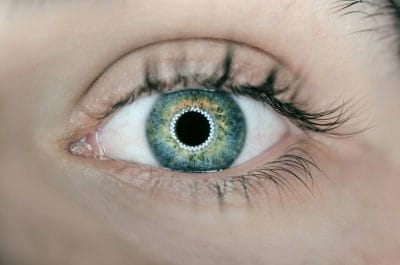What Is PRK Laser Eye Surgery?
Hey there, if you’re thinking about PRK laser eye surgery in Louisiana, this article is for you. We’re going to dive into whether this procedure is right for your peepers. With PRK, you can say see ya later to glasses and contacts. But before you go booking that consultation, it’s worth learning how it all goes down. We’ll walk through the nitty gritty details of the surgery itself, the recovery, the costs, and the potential risks and benefits. Considering PRK is a big decision, so arm yourself with all the info you need to decide if it’s the right call for your eyesight woes. We aim to paint a clear picture so you can determine if PRK laser eye surgery in Louisiana is worth a shot or if you’re better off sticking with specs. Let’s get to it!
Is PRK Right for You? Pros and Cons of PRK in Louisiana
PRK laser eye surgery, or photorefractive keratectomy, is a procedure to correct vision problems like nearsightedness and farsightedness. The surgeon uses a laser to reshape your cornea – the clear front cover of your eye. Unlike LASIK, PRK does not involve cutting a flap in the cornea. Instead, the surgeon removes the thin outer layer of the cornea (epithelium) before using the laser.
The benefits of PRK over glasses or contacts are life-changing. You’ll have clear vision without relying on corrective lenses. Most patients experience significantly improved vision, with many achieving 20/20 vision or better. The procedure is also permanent – once healed, your vision should remain stable for many years.
That said, PRK does come with some considerations. Recovery can take longer than LASIK, from 3 to 6 months for vision to stabilize. You may experience some discomfort for the first few days. While rare, risks include infection, over- or under-correction, and loss of vision. You’ll need to follow a regimen of eye drops as directed to prevent infection and promote healing.
If you’re in good health with a stable vision prescription, PRK can be an excellent choice for vision correction. Talk to your eye doctor about whether PRK or another procedure like LASIK is right based on your unique eyes and needs. With advanced technology and an experienced surgeon, PRK provides an opportunity to gain clear, natural vision.
How to Prepare for PRK Laser Eye Surgery in Louisiana
So you’re considering PRK laser eye surgery to correct your vision and ditch the glasses or contacts. That’s great! But is PRK the right choice for you? Here are some things to weigh before going under the laser.
PRK, or photorefractive keratectomy, is a laser procedure that reshapes the cornea to improve vision. Unlike LASIK, PRK does not involve cutting a flap in the cornea. For some, this provides peace of mind as there’s no flap that could potentially be dislodged or require repositioning. However, the PRK recovery is typically longer and can be more uncomfortable during the initial healing process.
– Pros: No corneal flap. Potentially safer long-term. Can treat some prescriptions LASIK can’t.
– Cons: Longer, more painful recovery. Higher risk of dry eyes. Vision may fluctuate at first.
If you have a strong prescription, thin corneas, or an active lifestyle where eye injury is more likely, PRK may be the better choice. However, if downtime and discomfort concern you or you want the quickest visual results, LASIK could be preferable.
In the end, the best way to determine if PRK is right for you is to consult with an experienced eye surgeon. They can evaluate your eyes, medical history, and vision needs to recommend the most suitable option and help you weigh all factors to make the choice that’s right for your eyes and your lifestyle.
